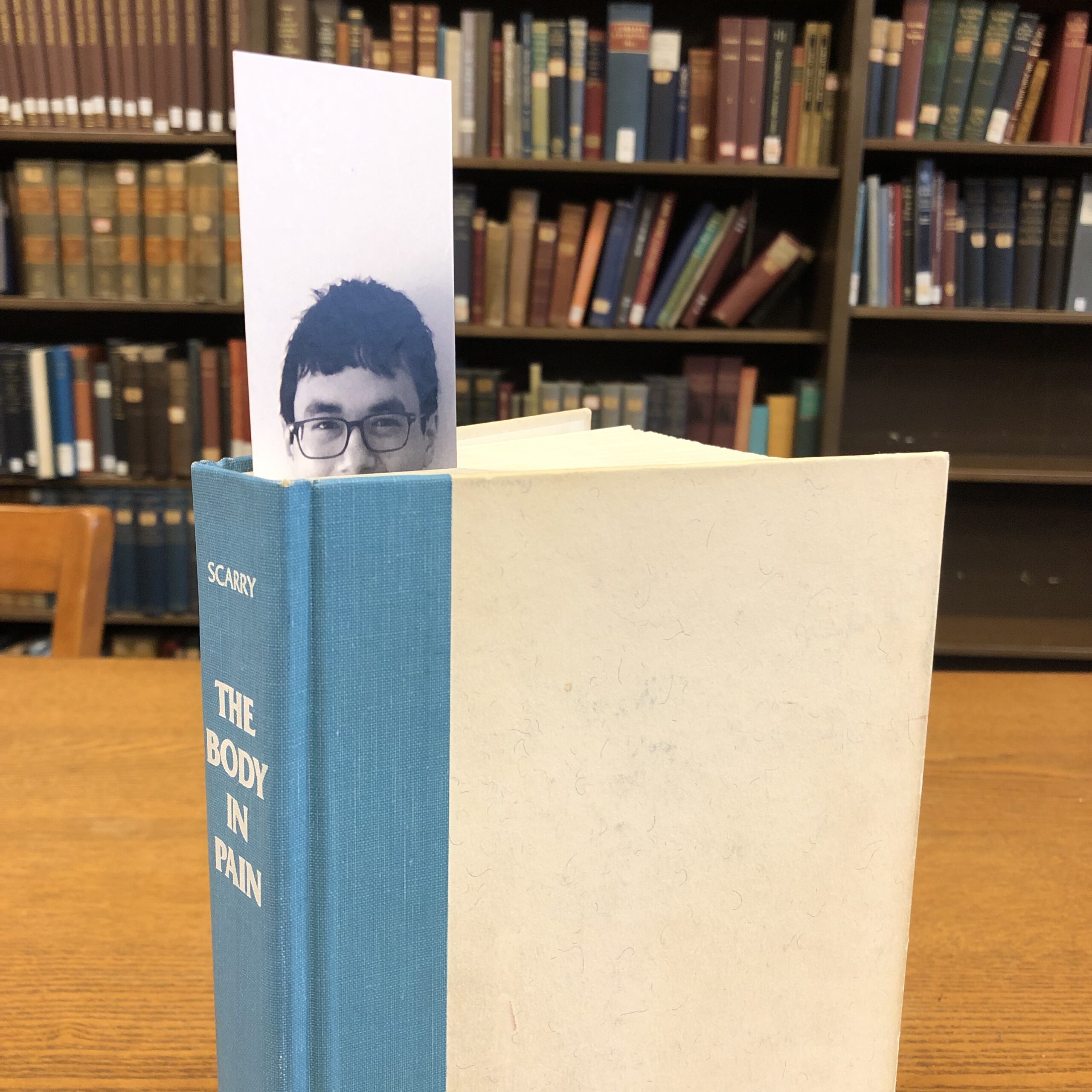Close your trap. Everyone you’ve ever lost lost
everything. Life’s closed. It’s not even close. At least
they aren’t distant. As if a stiff flick to existence
flung them unfetchably far to the shadiest suburbs
of substance, where no wintry entropy disturbs
the desktop’s mossy dust, bone china smiles pearly
in cupboards smugly clamming up and surely
keepsakes keep an earthly ache, hell, life’s barely
bearable once. Closure? How’s this, they haven’t a they
to miss. To miss with. Lost loss to broaden each day
as lungs stay braced by carbons conspiring to parch them.
Lost attics of unchecked boxes Sharpied UNVIABLE.
Lost love, its terms, its conditions. Lost enviable
mundanities, the run-down sundowns as January pretends
to less each time—just a means to an end, no amends
or amen. Here on the losing side, what of them extends
but metaphors, tricks of the dictionary, voicing
skimming a sympathetic void, should something sing.
Closure? After a half-life as a high-functioning fiction
you’ve yet to face real stillness, that soundless sealant
closing off the feeling. But you’ll die fluent in the silent
treatment—a house style of anger you never chose
to be so formally taught. Why won’t that decompose?
Normal now as thought, their strangled language goes
when you go. A losing war you’ve waged for years
there’s no more winning now. Hold it close. It’s yours.
Christopher Spaide is a Junior Fellow at the Harvard Society of Fellows. His poems, essays, and reviews have appeared in Ploughshares, Poetry, and The Sewanee Review. He was a 2022–2023 writer in residence at the James Merrill House.




